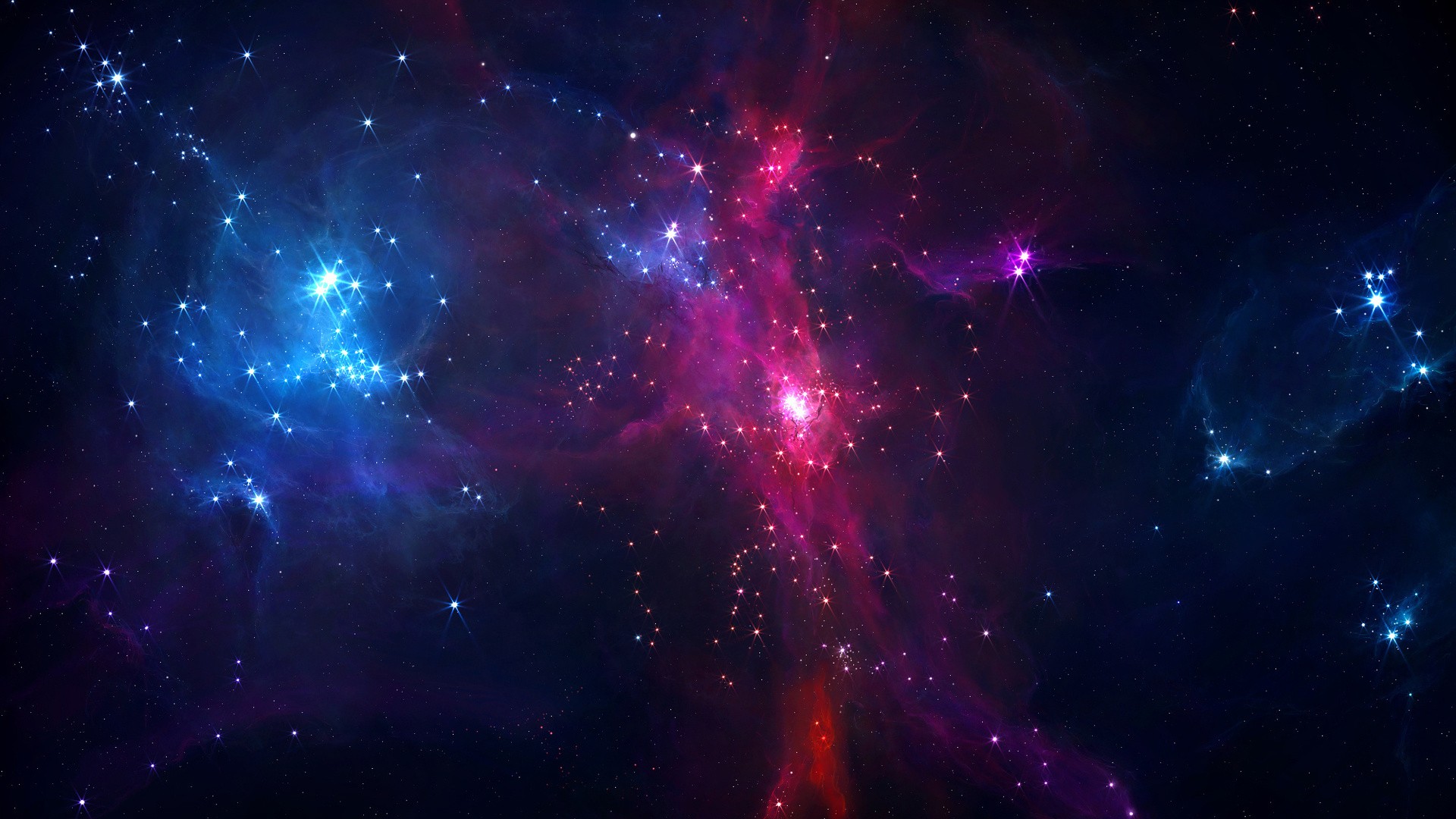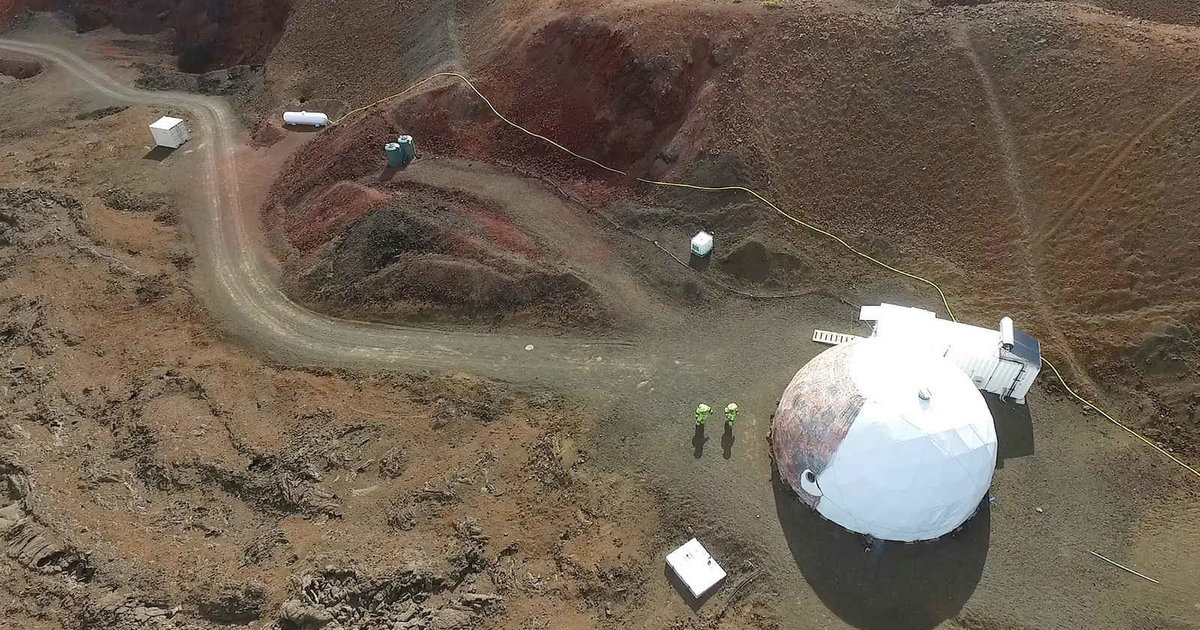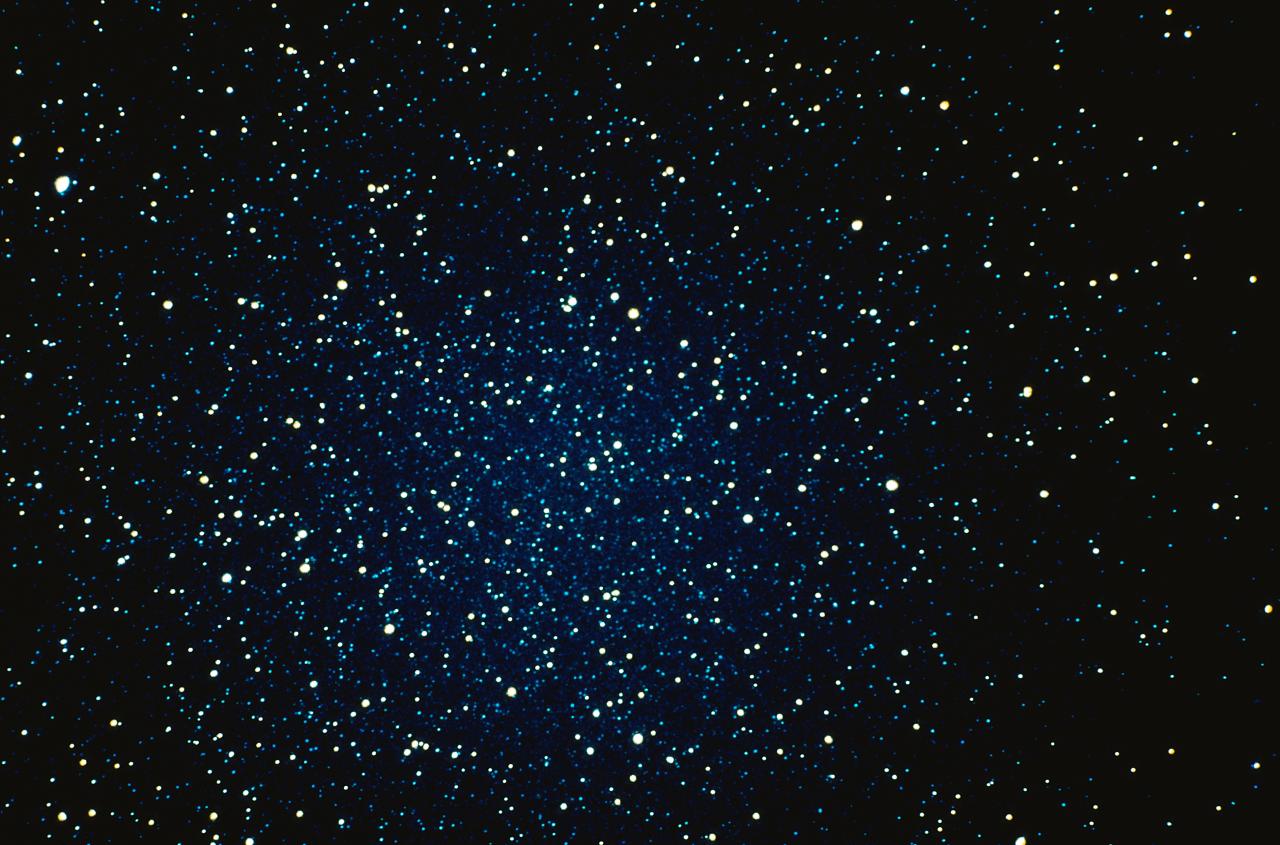
The object zoomed into our solar system from an extreme angle above the path in which most planets and asteroids orbit the sun.

According to a new analysis, the number of undiscovered and potentially-hazardous asteroids is lower than previously thought.

A mysterious signature in a region of the Red Planet where planetary scientists figure ice shouldn't exist.

Astronomers have observed an unusual type of object in the asteroid belt between Mars and Jupiter: two asteroids orbiting each other and exhibiting comet-like features.

After spending eight months simulating life on Mars on the slopes of the Mauna Loa volcano, six "astronauts" emerged from their Hawaiian habitat to return to civilization.
An attempt to highlight irresponsible decisions of world leaders, corporates and mindless 'consumers'. The video is dedicated to all who died fighting for Earth and those whose lives are on the line today.

Japanese researchers recently conducted a study of the night side of Venus. In addition to being the first of its kind, this study also revealed that the atmosphere behaves differently on the night side, which was unexpected.

The spacecraft deserves a fond farewell and a round of applause.
The sun is nearing a low-activity point of its solar cycle, but researchers at NASA are detecting large solar flares leaving the celestial body.

The discovery of boron on Mars gives scientists more clues about whether life could have ever existed on the planet, according to a new paper.

InSight will do a deep dive into the Martian underground, putting two instruments onto the surface that will ferry information back from the depths.

“Time after time, we discovered things that we hadn’t even imagined.”

weJames Webb telescope will study the “ocean worlds” of Jupiter’s moon Europa and Saturn’s moon Enceladus, the telescope’s observations could also help guide future missions to the icy moons.

Nasa’s Cassini spacecraft is set to commence its final five orbits around Saturn, marking the final phase of its exploration mission of the planet.

Do not be alarmed, but a bright storm system three quarters the width of our entire planet has emerged over Neptune’s equator, in a region where no bright clouds have ever been witnessed before.